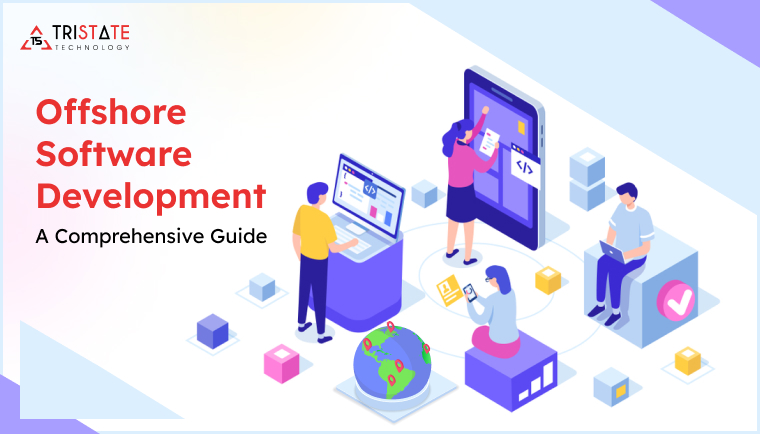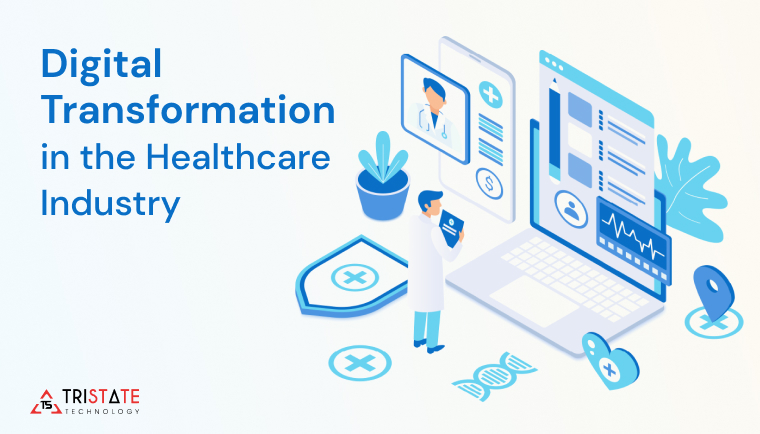“PWA or Progressive Web App is a technology you should invest in.” Almost every business coach and influencer are talking about the same.
Knowing how a Progressive Web App benefit your business will help you leverage them to transform your business digitally for the next level growth.
That’s the reason why we recently shared what are PWAs, how they can benefit your business, what brands are taking advantage of PWAs, and more.
But, there is still some confusion among the business owners and even the end-users.
Here are some of the most Frequently Asked Questions (FAQs) about PWAs and their answers that can help you get all the confusion and doubts sorted.
1. What is a PWA?
In simple words, a PWA can be defined as a web application developed using web languages such as JavaScript, etc. and web frameworks.
2. What makes a progressive web app?
The way people use mobile devices has changed considerably in comparison to the start of the Internet age.
But, a Progressive web app is a web application made out of web technologies to give an app-like user experience. A PWA is a combination of web pages and an app.
3. Is PWA a native mobile app?
No.
A lot of people feel confused that a PWA is actually a native app, which is not true. A PWA looks like a native app, but it is not the same.
4. How are PWAs similar to native mobile apps?
Just like a native mobile app, a PWA can have the features that ask for accessibility of camera, geolocation, etc. of a user’s phone or similar other smart devices.
5. Just like native apps, are PWAs also platform-specific?
No. PWAs work amazing on any device- Android, iOS, or any other.
6. Do PWAs work perfectly fine without internet connectivity?
Yes.
PWAs work amazingly with no to slow internet connectivity.
7. In terms of benefits, how does a PWA different from a native App?
Unlike native mobile apps, a user does not need to download a PWA from an app store before use. Instead, he can directly use it over the web.
In areas with slower or no Internet connectivity, a native app won’t work at all. But a PWA will, as it has been designed to function well even in such situations.
When it comes to PWA vs. native apps, PWA development is a cost-effective alternative to getting native apps developed.
Another difference between PWA and Native apps is that Native apps need to be approved by the app stores before being made available to the end-users. However, no such verification is required for a PWA.
8. Whether to invest in a PWA or native app?
Both PWA and a native app have their own advantages and disadvantages.
Investing in a PWA is the right decision when a business is looking forward to the expansion. Acquiring new customers and engaging with a broader targeted audience on the mobile web is more comfortable with a PWA.
On the other end, different brands invest in native apps to increase their engagement rate with their loyal consumers.
The choice of a PWA and a native app is best done based on a business’ specific needs.
9. How can a user store a PWA?
Now, you know that PWAs cannot be accessed via any app stores. So, every time your customers want to access your PWA, needs to search online?
No. A user can add a PWA on the home screen of his device for easy access in the time ahead. For that, the device occupies no storage memory.
10. How is a PWA beneficial for end users?
A user does not need to go through additional installation steps before using a PWA. Your customers can easily search for information, buy your products or services, etc. without having to install it on their smartphones.
Here are the direct benefits of PWA for users:
- No lengthy download and install process
- Huge savings on device storage
- Readily available on the search engines so no need for searching the app on the app stores
11. Does PWA work well on all browsers?
Yes.
The PWAs are built with technologies and features that run well on all web browsers, be it Google Chrome, Safari, Firefox, and more.
12. Does PWA work on smart devices?
Yes.
PWAs work well on all different mobile phones, tablets, and similar other smart devices.
Before reaching the live stage, they are well-tested for their functional compatibility with all the browsers and devices.
13. Are PWAs here to stay in the digital world?
Yes.
To some people, PWA may sound no more than another buzzword in the world of advanced technology. But, most experts say that it is here to stay in the world for the time ahead.
Because of its features and the related benefits of implementation, some people have even started to believe in PWAs as the future of the Internet age.
So, the digital world is already talking about, “PWAs are the future of mobile apps,” “PWAs will replace native mobile apps,” and much similar.
14. How can a business benefits by investing in a PWA?
Here are the benefits of PWA for a business:
- Platform-Independent: Whether to develop an Android or iOS is not an issue now as PWAs work on any browser, any device.
- Easily shareable: You can share your PWA URL using emails, social media posts, SMS, QR codes, and more.
- Better UX: PWAs have eliminated the challenges web apps had and have the UX benefits of a native mobile app.
- Highly secure & reliable: Being a web app, PWA has extra data security layers including HTTPS.
- Improved user engagement: Using PWAs, you can send push notifications which have a higher conversion ratio. So, your customers not just engage with your brand, but even make purchases.
- SEO benefits: Unlike a native mobile app, your PWA can be easily crawled and indexed by the search engines. Also, optimizing your PWA becomes quick because there are no limitations that the app stores have.
- Faster development: As time is saved on developing two different native mobile apps, your PWA is developed faster.
- Cost-effective development: You save hours on developing two different apps, optimizing for the app stores, using costly frameworks for development, and much more.
15. Are PWAs best suited for some specific industries or all?
In general, separate native apps need to be developed for different platforms or OS, be it Android, iOS, or any other. But, a single PWA is enough to target the end users of a specific business.
Well, businesses falling into almost every industry can plan to invest in getting a PWA developed. Even, both B2B and B2C companies can expect their next level growth with a PWA developed as per their business models.
PWAs are best suited for all kinds of businesses and industries- eCommerce, Information Technology, Blockchain, and more.
16. Name some of the well-performing PWAs built across the globe
About PWAs, it is true that a lot of people are using them without even knowing that they are PWAs.
Here are the top PWAs developed across the world:
- Trivago
- Starbucks
- OLX
- Forbes
- OLA
- BookMyShow
- MakeMyTrip
- Uber
- Google Maps Go
- Google Photos
These brands are the examples that have invested in PWAs for their businesses and have witnessed great results such as-
- An increase in the count of new users
- Higher ROI
- Improved user engagement
- The users have also shown interest to browse the PWAs for a longer time
- Lower bounce rate
- Increase in the number of people who order online using mobile
- And, so much more
17. How PWAs improve user experience?
People mostly download native apps of those brands or companies which they use or buy from more frequently. For everything else, they prefer using web apps, without the need to download an app into their phones or devices.
Since a PWA can be directly accessed without installing on a device, it becomes easier for users to use it. This ultimately results in higher user engagement and higher ROI too.
Also, no user wants a delay or slow functioning of a web app as it mars their user experience.
So, for the convenient, frictionless experience, PWAs are just perfect for use.
18. Is it expensive to build a PWA?
A native app made to work on Android will not work on an iOS-based device. However, all Progressive Web Apps work equally well on all platforms.
Their codebase is not platform-specific.
This simply means the lesser time it takes to write code for a PWA and ultimately, lower cost of development involved.
So, it is not expensive to build a PWA compared to two different native apps.
19. Does PWA improve SEO?
Yes.
Unlike a native app which can only be found in an app store, a PWA is crawlable by the search engine bots.
Being crawlable in the search engines, it is easier to target a specific audience or web users through a PWA. One can get it optimized for search engines. This means that based on its optimized state, it can rank high in the search engines for easy reach to the targeted audience and outperform the competition.
20. How much time is required to develop a PWA?
The time it takes to develop a PWA for a business depends on its specific needs and objectives. No one-size-fits-all approach can be followed for different projects.
If a company mentions that you can go live with your PWA in XYZ days before understanding your business and app needs, stop your communication with that company right away.
21. How to start the process of getting a PWA built for a business?
First and foremost, you need to start by understanding the current status of your business.
Next step is to understand how your PWA would benefit your business. Once, you are done with this; you need a PWA development company that has the knowledge, skills, expertise, and experience to develop fully-functional and feature-rich PWA.
Even if you are unable to figure out how a PWA would help your business grow, you can always talk to the experts.
The moment you choose the right PWA development company, you are done with your task.
Conclusion
As detailed above, businesses related to diverse industries can benefit by getting a PWA built to target their end customers across the mobile web. If you own an eCommerce business and are looking for ways to grow it further, investing in a PWA can help you a lot.
We hope that these most frequently asked questions (FAQs) about Progressive Web Apps (PWAs) would have solved almost all of your queries. Also, they would have helped you understand how your business would be benefitted from a PWA.
If you have any queries or if you are looking to develop your PWA, you can write to us here.




